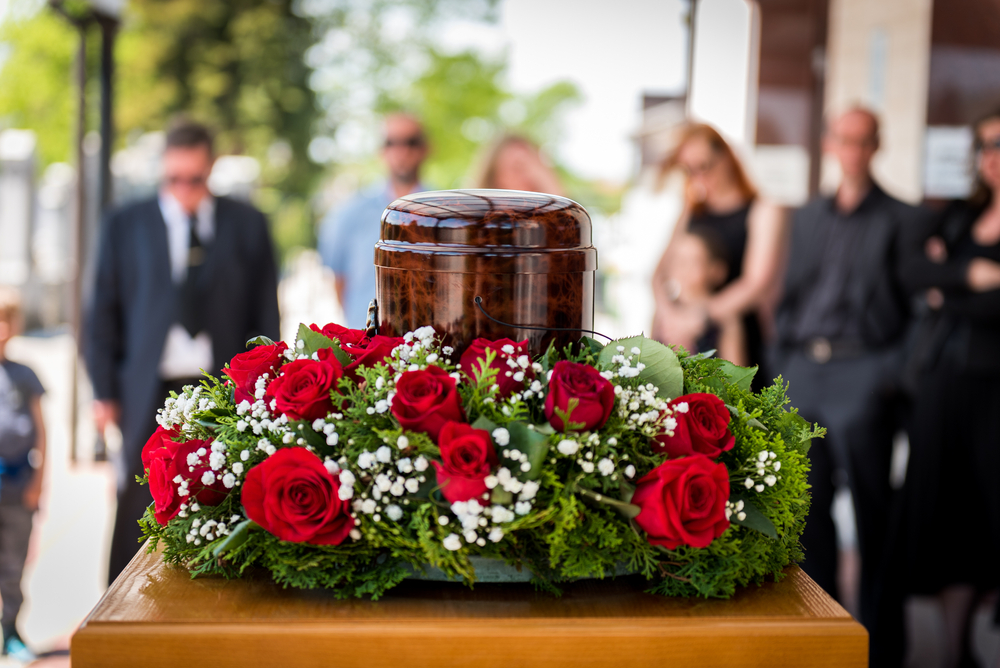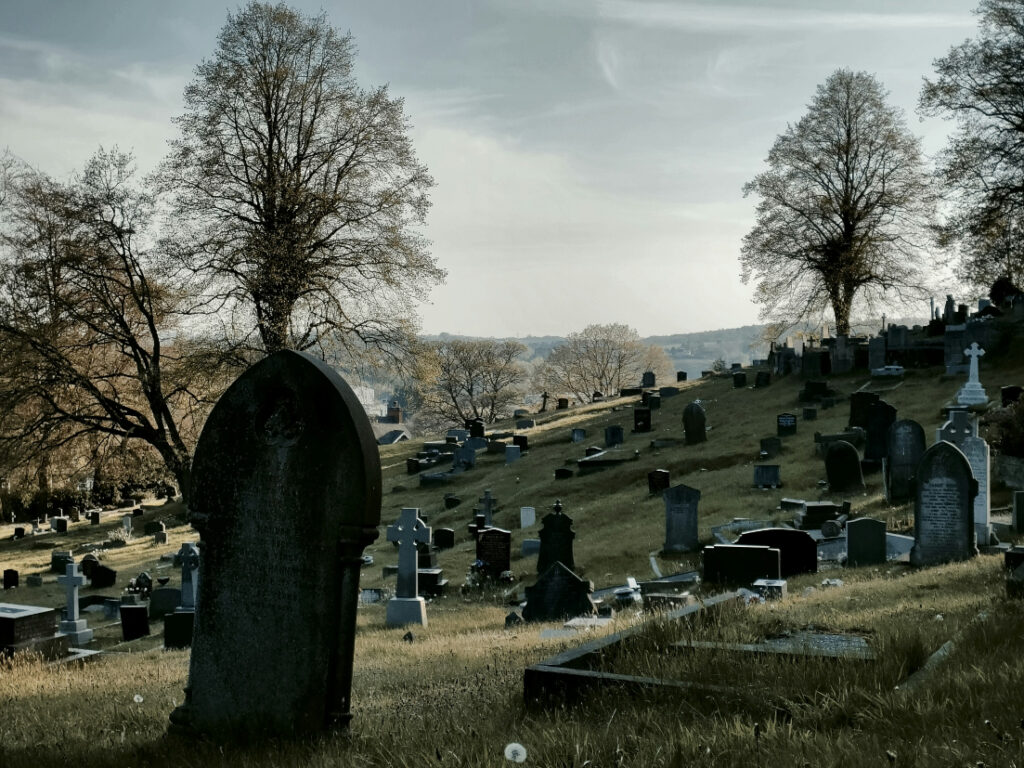
My father tells me to bring a notepad and pen with me next time I come down. “There are a lot of things we need to sort out,” he says.
At his house, I sit in the armchair opposite him. I open my notepad and click my pen. My father lights a cigarette. Every so often, when the grey ash is drooping like a tapir’s trunk, he flicks it vaguely in the direction of an ashtray, or his empty mug. Most of it misses. There is a small pile by the side of his chair. It looks like an OO scale model of a slag heap.
Watching him, I think of the great New York author and newspaperman Damon Runyon. When he was suffering from respiratory problems late in life, the doctor asked Runyon how much he smoked. “I only have a cigarette when I have a coffee,” Runyon answered. “And how much coffee do you drink,” the doctor asked. “Sixty cups a day,” Runyon said.
- Read more: Crime writer tackles the biggest killer
- Read more: Ready, steady, go… eventually
Ash, it turns out, is as much on my father’s mind as it is on his carpet. “I don’t know which of us will die first, your mother or I,” he says, lighting another cigarette. “But whichever one of us it is, get the cheapest cremation you can. Don’t waste any money on that. And everybody we know is dead already, so you won’t need any kind of palaver afterwards. Get some sandwiches. Have them in the car. Not necessarily at the crematorium. You can go somewhere.”
“Then,” he says, “keep those ashes until the other one of us goes. Same procedure. Then I want you to take us both together and scatter them in the river at…” He names the village I was born in, the place he and my mother had their first home.
He looks at me. “Are you writing this down?” he asks.
“Sure,” I reply, but I have stopped. I am distracted. My father is in his nineties, but for various reasons I can’t fully comprehend, I have far more experience dealing with human remains than he does.
I recall the time at a Northern League football ground when they scattered the ashes of a lifelong club supporter in the centre circle at half-time and a savage wind blew great grey clouds of it across the pitch. The subs, who were warming up, scattered with their arms across their faces trying not to cough as a mark or respect, the bloke in the food van rushed out to cover his condiments table with tea towels. “Help yourself to sugar”. “I’m good, thanks”.

From the blasé way my father is talking I can tell he has never witnessed such scenes. He has no idea how much ash is involved. He thinks he and my mother will fit neatly into a small container — a coffee jar perhaps, or the sort of Tupperware box you might store some leftover chicken curry in.
This is by no means the case. Combined, two human bodies will produce about seven litres of ash, that’s closing in on 13 pints. I am a non-driver. To get to the village where the ashes are to be scattered will involve three trains and a bus. I picture myself humping a plastic dustbin across Middlesbrough town centre.
“We can go in my car,” my partner says when I relay the conversation to her. I envision us stopped at a set of traffic lights in Marton and a van driving into the back of us, the newspaper headline, ‘Couple suffocate in fog of parental ashes — deaths a “macabre tragedy”, says police chief’.
“We’ll see,” I say.
On the way home from visiting my father, I bump into a friend of mine who is a professor of medicine. He comes from Dortmund. “Luckily I will never have that problem,” he says when I tell him about my day, “In Germany it is against the law to scatter ashes. You must bury them in a cemetery. You cannot even keep them in your home, except if you live in the city of Bremen.”
“Why in Bremen?” I ask. My friend shrugs, “Who knows?” he says.

The German authorities — outside of Bremen — are not alone in taking a stand. It is illegal to keep the ashes of your loved ones in your home in Denmark and Norway, too. In France you have to get the remains out of the house within six days of cremation or face a swingeing fine.
Even in countries with a more relaxed attitude to these things you need permits or certificates to scatter the ashes. In the Netherlands local councils charge between 700 and 1,200 euros for granting permission. In Sweden you have to provide a map of the area where the ashes will be deposited and a genealogy of the deceased.
“It is not that the ashes are toxic,” my friend explains, “though it is probably best not to breathe them in.” I think of Damon Runyon again. When he died, aged 66, in 1946 — inevitably of throat cancer — his ashes were scattered over a crowded Broadway from a DC-3 plane piloted by World War One fighter ace, Eddie Rickenbacker.
Back in my parent’s sitting room my father fiddles with his lighter. “Oh yes,” he says, “and you better make a note of this: under my bed there’s a box with the ashes of our last three dogs in it. You’ll take them with you, too.”
Maybe I’ll need a wheelie bin.












1 thought on “Ashes to ashes…”
This made me laugh. Especially as I have my father’s ashes currently sitting on my coffee table ready to be driven to Ireland!